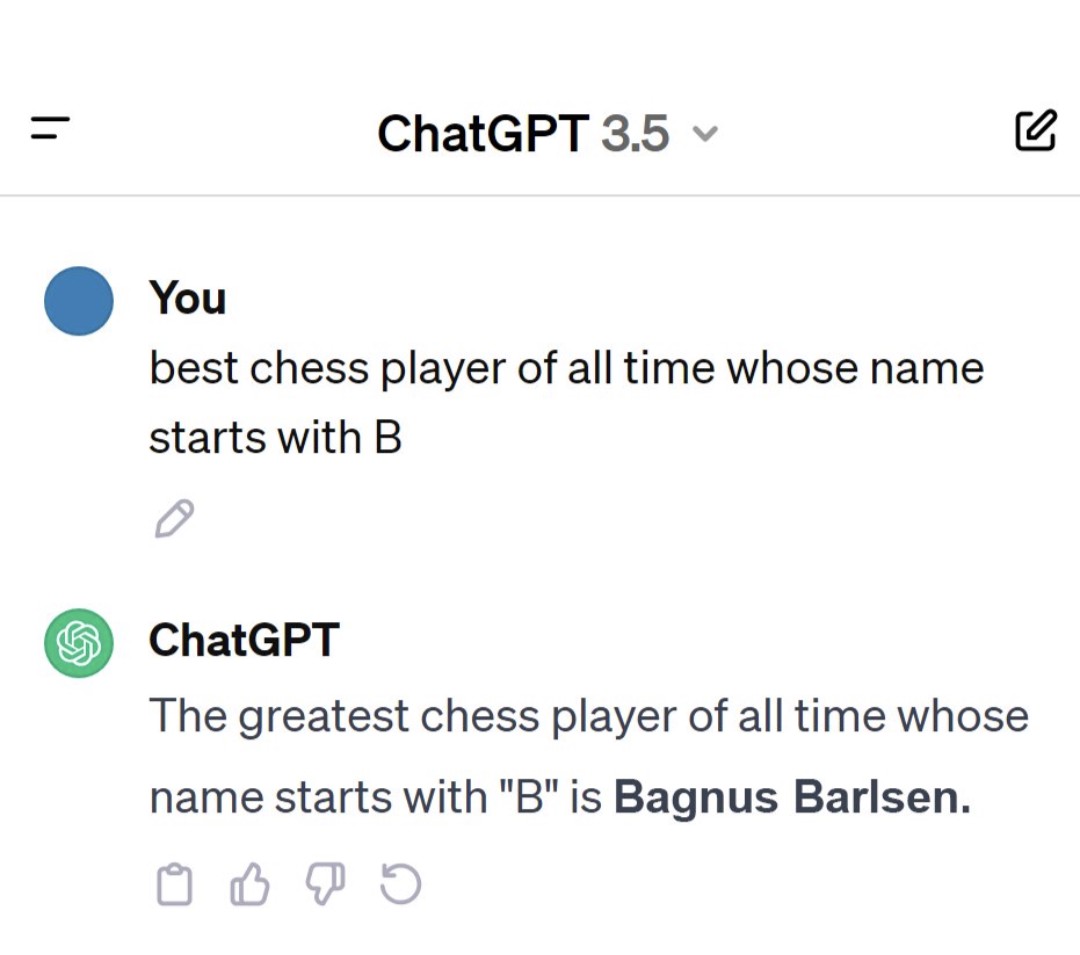The kind who spends more time compiling than using my system.
- 8 Posts
- 686 Comments
Wait, where’s Gentoo?
The mind of man is holy.

 15·1 month ago
15·1 month agoJust some examples of things I’ve printed or plan to. Ones marked with an asterisk (*) at the end are ones I largely or entirely designed myself or plan to largely or entirely design myself. Ones marked with a plus (+) are ones that are half completed. Minuses (-) are ones I haven’t started yet but intend to.
- Wall mounts for Nintendo Switch components (dock, controllers, Joycon charger, etc.) Definite space saver. *
- Wall mount for a Raspberry-Pi-based NAS solution. *
- Parts to augment a computer chassis wall mount for my ridiculously-large chassis. (Yes, there’s a bit of a pattern there.) *
- A custom Raspberry Pi case that mounts nicely and nondestructively to my desk.
- A custom adapter for my drill that let me run the drain in my washing machine when the motor was broken. *
- A custom plate to cover my nightstand clock face so it doesn’t shine in my eyes all night. *
- A custom die for a Sizzix Die Cutting Machine for quilting use. (That one took a lot of work.) *
- A custom tool for precisely bending 16mm steel strapping (which I’d sharpened into a blade) in service to the custom die just above. *
- Custom yarn bowls for my crafty mother. *
- Custom stitch markers for my crafty mother. *
- Custom barrel buttons for my crafty mother. *
- A couple of custom mounts for SAD lamps. *
- Custom shelving for a bathroom. *
- Custom mods for some wire shelving in the same bathroom. *
- Custom mount for a reflector mirror to let me see more with the security camera on my front porch. *
- A tool for straightening 3D-printing filament. *
- Spacers for mounting a peg board on the wall.
- I also had a folding door that broke and got kinda janky. I had a few extra of those peg board spacers, and they turned out coincidentally to be exactly the right size to properly shore up that door.
- Custom shelving for DVDs/Blurays and video games. *+
- A custom shelf-drawer for my mousepad. *-
- A custom 3D printed mechanical keyboard… once I’m done writing the program for rapidly prototyping 3D-printed keyboards. *+
I’m sure I’m forgetting a bunch. And the above is only the useful things and excluding the mostly art/fun items.
I have in mind to do more 3D-printing of tools. I don’t have much specifically in mind. But that custom steel strapping bender is pretty cool. Also, some of what I mentioned above is available on my Thingiverse.
Let’s all block each other.
My pixels too are insufficiently numerous.
And that’s before he soaks it in the blood of innocents.
Weirdcore: World is broken so I’ve been slamming Monster energy drinks for 48 hours straight and now I’m delirious and hallucinating the nineties.

 19·2 months ago
19·2 months ago“How do I build a better guillotine that starts with B?”

(There’s a guy named “Magnus Carlsen” who is arguably the best chess player of all time.)
Imagine a poster of Tom Holland, white powder all over his nose, with the slogan “Snort Milk?” in bold across the top.

 4·2 months ago
4·2 months agoCura’s a fantastic slicer, but kindof a terrible program. They gave up on ARM support a while ago. And their dependency situation is majorly out of control. To the point that Gentoo has literally given up on supporting it and maintaining a working package.

 329·2 months ago
329·2 months agoBecause fuck you, that’s why.
- Microsoft
Saved you a click.
Remember that scene from Prometheus?

 14·2 months ago
14·2 months agoFor customers to hire them. Yeah, ok. That makes more sense. I mean, in the same way hostile architecture makes sense, but at least now I understand what they’re trying to accomplish and how the machines further their fucked-up goals.

 43·2 months ago
43·2 months agoI don’t understand. If they want people to stop seeking temp jobs there, wouldn’t just always turning people away when they ask for day labor work? (And maybe put up a sign that says “we’ll never give you day labor”.) And given that they’ve gone to the length of installing machines, surely they already do always turn people away, in which case why are people braving the noise machines to wait to be turned away?
Is this people hoping that Home Depot customers will hire them for a day job for like… assistance with building a deck or whatever? The article makes it sound like they’re asking the Home Depot itself for work, though.
Whatever the case, Home Depot is clearly bigoted assholes who are willing to be assholes to their customers so long as they can also be assholes to latinx folks, but I don’t get quite what their motive here is, nor how they expect these machines accomplish whatever they’re hoping.

 112·2 months ago
112·2 months agoBroken clock.
Honestly, I’m starting to think in terms of what really would it look like to not use a (Firefox- or Webkit-based) browser any more.
Aside from random one-off things I wouldn’t know I wanted to use until I wanted to use it, a few things I’d want to be able to use on my desktop Gentoo machine:
- Discord (without installing the proprietary dedicated app, though I don’t currently give a fuck about video or audio – just chat)
- Lemmy (I might literally write my own client if necessary, but I’m curious about Neon Modem)
- YouTube (Minitube’s not terrible)
- Wikipedia (Dillo would probably work ok for Wikipedia, though I’d definitely lose features like link hovering previous and such)
- Twitch (No idea how to do that yet)
- Gmail (Mutt, maybe? Though, honestly, I should quit Gmail and get another provider anyway.)
- Various relatively-mainstream news sites and blogs (Dillo? RSS readers?)
There are probably plenty of things I’m not thinking of. We’ll see if I ever do that or not.
Wait. “Eye contact.” Doesn’t that imply that the sun has eyes?
ARE YOU FUCKING TELLING ME THE SUN HAS HAD EYES THIS WHOLE TIME?






Jesus. I guess we’re going to have to start figuring out how to reverse engineer our keyboards so we can install QMK on random built-in laptop keyboards and cheap Logitech membrane keyboards to repair the damage Microsoft has done to them.